Home>diy>Building & Construction>What Is A Superintendent In Construction


Building & Construction
What Is A Superintendent In Construction
Modified: January 4, 2024
Discover the role and responsibilities of a superintendent in building construction. Learn how they oversee projects and ensure smooth operations.
(Many of the links in this article redirect to a specific reviewed product. Your purchase of these products through affiliate links helps to generate commission for Storables.com, at no extra cost. Learn more)
Introduction
Welcome to the world of construction, where complex projects come to life and skilled professionals work together to create incredible structures. Among these professionals is the superintendent – a crucial role that ensures the smooth execution of construction projects from start to finish. In this article, we will explore the responsibilities, qualifications, and challenges faced by superintendents in the construction industry.
A superintendent in construction is an integral part of any building project, serving as the on-site supervisor and overseer of all activities. They play a pivotal role in coordinating and managing the various aspects of the construction process, from scheduling and budgeting to quality control and safety compliance. With their deep knowledge of construction practices and exceptional organizational skills, superintendents ensure that projects are completed on time, within budget, and according to the specified quality standards.
Superintendents serve as the bridge between the construction company, the project management team, and the workers on the construction site. They are responsible for translating the project plans into actionable tasks, assigning them to the appropriate tradespeople, and monitoring the progress of each task. Additionally, superintendents collaborate closely with architects, engineers, subcontractors, and suppliers to ensure effective communication and seamless coordination.
To excel in this role, superintendents must possess a diverse set of qualifications and skills. They should have a strong understanding of construction principles, building codes, and industry best practices. Excellent leadership and communication skills are essential, as superintendents are constantly interacting with a wide range of stakeholders, including construction workers, project managers, clients, and inspectors.
Attention to detail is paramount as they need to closely monitor construction activities, ensure compliance with safety regulations, and address any issues or deviations from the project plans. Problem-solving skills are also crucial, as superintendents may encounter unforeseen challenges on-site and need to find practical solutions while keeping the project on track.
In the next sections, we will delve deeper into the specific roles and responsibilities of a superintendent in construction and explore the importance of this role in ensuring successful project outcomes.
Key Takeaways:
- Superintendents in construction play a pivotal role in ensuring project success by coordinating tasks, managing resources, and maintaining quality standards, contributing to seamless project execution.
- Effective communication, leadership, and problem-solving skills are essential for superintendents to navigate challenges, foster collaboration, and deliver successful construction projects within budget and on schedule.
Read more: What Is A Construction Superintendent
Definition of a Superintendent
A superintendent in construction is a highly skilled professional who serves as the on-site supervisor and manager of construction projects. Often referred to as a site superintendent or construction superintendent, their primary role is to oversee the daily operations on the construction site to ensure that projects are executed efficiently, safely, and according to plan.
The superintendent acts as the central point of contact between the construction company, project managers, subcontractors, and laborers. They are responsible for interpreting and implementing the project plans, coordinating the activities of various tradespeople, monitoring progress, and ensuring that the project remains on schedule and within budget.
One of the key responsibilities of a superintendent is to create and manage the construction schedule. They develop a detailed timeline for each phase of the project, coordinate the sequencing of tasks, and ensure that all activities align with the overall project schedule. This requires strong organizational skills and the ability to prioritize tasks effectively.
In addition to scheduling, superintendents are responsible for managing the labor force on-site. They assign tasks to construction workers, oversee their performance, and ensure that all work is being carried out in compliance with safety regulations and industry standards. Furthermore, superintendents assess the quality of work performed by subcontractors and address any discrepancies or issues that may arise.
Another critical aspect of the superintendent’s role is to maintain effective communication among all project stakeholders. They act as a liaison between the construction company, clients, architects, engineers, and subcontractors, ensuring that everyone is informed about project progress, changes, and any potential roadblocks.
Overall, a superintendent is a vital link in the construction project management chain, responsible for translating the project plans into tangible construction activities. They play a crucial role in ensuring the successful completion of projects by providing strong leadership, effective communication, and meticulous coordination.
In the next sections, we will explore in greater detail the specific roles and responsibilities superintendents undertake on construction projects.
Roles and Responsibilities of a Superintendent in Construction
The role of a superintendent in construction encompasses a wide range of duties and responsibilities. They are responsible for overseeing the entire construction process, ensuring that projects are completed safely, efficiently, and in accordance with the project plans and specifications. Here are some key roles and responsibilities of a superintendent:
- Project Planning and Coordination: Superintendents contribute to the project planning process by collaborating with project managers, architects, and engineers. They provide valuable input regarding construction methods, sequencing of tasks, and identification of potential challenges. Once the project starts, superintendents coordinate the activities of various trades, ensuring that all work is carried out in a logical and efficient manner.
- Schedule and Progress Management: One of the key responsibilities of a superintendent is to develop and manage the construction schedule. They create a detailed timeline of project milestones, coordinate task dependencies, and monitor the progress of activities. Superintendents adjust schedules as needed, ensuring that the project remains on track and within the specified timeline.
- Quality Control: Superintendents are responsible for maintaining quality standards throughout the construction process. They inspect and monitor the work performed by subcontractors and construction workers, ensuring that it meets the project specifications and industry standards. Superintendents also coordinate with building inspectors to ensure compliance with local building codes and regulations.
- Resource Management: Superintendents are responsible for managing and optimizing resources on-site. This includes overseeing the allocation of labor, equipment, and materials to ensure efficient use and minimize waste. They coordinate deliveries of construction materials, track inventory, and manage subcontractor contracts and payments.
- Health and Safety Compliance: Safety is a top priority on construction sites, and superintendents play a crucial role in enforcing and promoting a safe working environment. They ensure that workers follow appropriate safety protocols, conduct regular safety inspections, enforce safety regulations, and address any safety concerns or incidents promptly.
- Communication and Collaboration: Superintendents serve as the primary point of contact between different stakeholders involved in the construction project. They facilitate effective communication among project managers, clients, architects, engineers, subcontractors, and construction workers. Superintendents keep all parties informed about project progress, changes, and any issues that may arise.
- Problem-Solving and Decision-Making: Construction projects often encounter unexpected challenges and obstacles. Superintendents need to be adept at problem-solving and making decisions quickly to keep the project moving forward. They analyze situations, propose solutions, and coordinate with project managers and subcontractors to address any issues promptly.
These are just a few of the key roles and responsibilities of a superintendent in construction. By effectively managing and coordinating various aspects of the construction process, superintendents contribute to the successful completion of projects within budget and on schedule.
In the next section, we will explore the qualifications and skills required to excel in the role of a superintendent.
Qualifications and Skills Required for the Position
Being a superintendent in construction requires a unique combination of qualifications and skills. The role demands a high level of technical knowledge, leadership abilities, and excellent communication and organizational skills. Here are the key qualifications and skills required to excel in the position:
- Construction Knowledge: Superintendents need to have a deep understanding of construction practices, techniques, and industry standards. They should be familiar with various construction methods, materials, and equipment. A strong foundation in reading and interpreting architectural and engineering drawings is essential for effectively executing project plans on-site.
- Experience in the Construction Industry: Superintendents typically have several years of experience working in the construction industry. They often start as construction workers and progressively move up the ladder to roles with greater responsibilities. This hands-on experience allows them to develop a solid understanding of the various aspects of construction and the challenges that may arise on-site.
- Leadership and Management Skills: As on-site supervisors, superintendents need strong leadership and management skills. They must be able to motivate and coordinate construction workers, subcontractors, and laborers effectively. Excellent communication and interpersonal skills are crucial for clear and effective communication with various stakeholders and for resolving conflicts that may arise on-site.
- Organizational Skills: Superintendents are responsible for managing multiple tasks, resources, and timelines simultaneously. Strong organizational skills are essential for creating and managing construction schedules, coordinating subcontractors and suppliers, and ensuring that work is carried out efficiently.
- Problem-Solving Abilities: Construction projects often encounter unforeseen challenges and problems. Superintendents need to have sharp problem-solving skills and the ability to think critically to find practical solutions. They must be adaptable and capable of making informed decisions quickly while considering the impact on the project.
- Attention to Detail: Superintendents have the important task of ensuring that construction work meets quality standards and adheres to project plans. Attention to detail is crucial for identifying and addressing any discrepancies or issues promptly. They must also have a comprehensive understanding of safety regulations and be vigilant in enforcing safety protocols on site.
- Technical Proficiency: Superintendents should be proficient in using computer software and technology commonly used in the construction industry. They need to have a solid understanding of project management tools, scheduling software, and other digital tools that facilitate communication, document management, and collaboration on construction projects.
In addition to these qualifications and skills, a superintendent should possess strong problem-solving abilities, time management skills, and the ability to work well under pressure. They should be detail-oriented, proactive, and possess a strong work ethic.
While formal education in construction management or a related field is valuable, hands-on experience and a proven track record in the construction industry are often considered equally important. Many superintendents continue to expand their knowledge and stay updated on industry trends through professional development programs, certifications, and workshops.
By combining the required qualifications and skills, superintendents are well-equipped to manage construction projects effectively, ensure quality, and deliver successful outcomes.
Next, we will explore the importance of a superintendent in construction projects.
Importance of a Superintendent in Construction Projects
A superintendent plays a vital role in ensuring the success of construction projects. Their expertise, leadership, and coordination skills are instrumental in delivering projects on time, within budget, and to the required quality standards. Let’s explore the importance of a superintendent in construction projects:
- Project Management and Coordination: Superintendents serve as the central point of contact for all construction activities on-site. They coordinate tasks, manage resources, and ensure efficient workflow. By overseeing and managing the day-to-day operations, superintendents maintain project momentum, minimize delays, and keep the project on schedule.
- Quality Control and Assurance: Ensuring quality workmanship is fundamental to the success of any construction project. Superintendents enforce quality control measures, inspect work, and address any deviations from the project plans promptly. Their attention to detail and adherence to industry standards guarantee the delivery of a high-quality end product to clients.
- Safety Compliance: Construction sites can be inherently hazardous, making safety a top priority. Superintendents are responsible for enforcing safety regulations and protocols. They conduct regular safety inspections, identify potential hazards, and implement corrective actions to maintain a safe working environment for all personnel on-site.
- Communication and Collaboration: Effective communication among project stakeholders is crucial for success. Superintendents act as a bridge between the construction company, project managers, clients, subcontractors, architects, and engineers. They ensure that everyone is well-informed about project progress, changes, and issues, thus fostering collaboration and alignment among all parties involved.
- Budget and Cost Management: Superintendents oversee the allocation of resources, including labor, materials, and equipment. They monitor costs, manage subcontractor contracts, and track project expenses against the budget. By proactively identifying cost-saving opportunities and closely monitoring expenditures, superintendents help keep projects financially viable.
- Risk Management: Construction projects are not without risks, such as unforeseen site conditions or weather-related challenges. Superintendents play a key role in identifying risks, developing contingency plans, and mitigating potential issues. Their experience and proactive approach enable them to anticipate and address risks effectively, minimizing project disruptions.
- Client Satisfaction: Superintendents are often the face of the construction company on-site. They interact with clients, address their concerns, and provide regular updates on project progress. By ensuring timely and transparent communication, superintendents contribute to client satisfaction and build trust, which can lead to positive referrals and future business opportunities.
By shouldering these important responsibilities, superintendents contribute to the timely and successful completion of construction projects. Their expertise and commitment to quality ensure that the final product meets or exceeds client expectations.
Despite the challenges they may face, superintendents play a crucial role in aligning the efforts of various stakeholders, maintaining project efficiency, and ensuring that construction projects are executed smoothly from start to finish.
In the next section, we will discuss some of the significant challenges faced by superintendents in the construction industry.
A superintendent in construction is responsible for overseeing the daily operations of a construction site, including managing workers, coordinating schedules, and ensuring safety and quality standards are met. They play a crucial role in keeping the project on track and within budget.
Challenges Faced by Superintendents in the Construction Industry
Superintendents in the construction industry face a myriad of challenges that can test their skills and resilience. From managing complex projects to overcoming unforeseen obstacles, let’s explore some of the significant challenges that superintendents commonly encounter:
- Tight Deadlines: Construction projects often operate under strict time constraints. Superintendents are tasked with managing multiple activities simultaneously, ensuring that tasks are completed on time to meet project deadlines. Juggling various trades and coordinating schedules can be challenging, requiring strong time management skills and proactive planning.
- Budget Constraints: Limited budgets can pose a challenge when superintendents must allocate resources strategically. They must carefully manage costs while ensuring that quality is not compromised. Unforeseen expenses and changes in project scope can further strain the budget, requiring adaptability and effective communication with project managers and stakeholders.
- Site Conditions and Weather: Construction sites are often subject to various environmental elements and site conditions. Extreme weather, difficult terrain, or unexpected site challenges can disrupt construction activities and impact project timelines. Superintendents must be prepared to adapt plans, find alternative solutions, and coordinate with subcontractors to overcome these challenges.
- Labor Shortages and Skill Gaps: The construction industry often faces labor shortages, particularly in specialized trades. Finding skilled workers can be challenging, and superintendents must ensure that the right people with the necessary expertise are available when needed. They may need to provide training and develop strategies to address skill gaps and worker shortages.
- Scope Changes and RFI Management: Changes in project scope and requests for information (RFIs) are common in construction projects. Superintendents must effectively manage these changes, assessing their impact on project timelines, costs, and resources. Timely communication and coordination with project managers, architects, and subcontractors are essential to resolve RFIs and minimize the impact on the project.
- Safety and Risk Management: Construction sites can be inherently dangerous, requiring strict adherence to safety protocols. Superintendents must prioritize safety and implement measures to mitigate risks. They need to promote a safety culture, conduct regular inspections, and ensure that workers have the necessary safety training and protective equipment to minimize the potential for accidents.
- Workforce Communication and Coordination: Effective communication and collaboration among the workforce are crucial for project success. Superintendents must navigate cultural and language barriers, manage diverse teams, and ensure that information is communicated clearly and consistently. Building strong relationships with subcontractors, laborers, and other stakeholders is essential to maintaining cohesion on-site.
- Regulatory Compliance: Compliance with building codes, permits, and regulations is a critical aspect of construction projects. Superintendents must stay up-to-date with evolving regulations and ensure that all work on-site is in compliance. Failure to comply can result in costly delays, legal issues, and potential safety hazards.
Despite these challenges, experienced superintendents are well-equipped to navigate complex projects, leveraging their expertise, problem-solving abilities, and effective communication skills to overcome obstacles and deliver successful outcomes.
In the next section, we will explore the relationship between a superintendent and other construction professionals on a project.
The Relationship between a Superintendent and Other Construction Professionals
In the intricate world of construction, successful collaboration and effective communication among various professionals are paramount to project success. Superintendents play a crucial role in fostering productive relationships with other construction professionals, ensuring seamless coordination and alignment. Let’s explore the relationship between a superintendent and other key construction professionals:
- Project Managers: Superintendents work closely with project managers to ensure the smooth execution of construction projects. They collaborate on project planning, scheduling, and resource allocation. Superintendents provide valuable on-site insights and feedback to project managers, supporting decision-making and helping to resolve issues that may arise during construction.
- Architects and Engineers: Superintendents collaborate with architects and engineers during the project planning phase and throughout the construction process. They provide feedback on construction feasibility, offer suggestions for optimizing designs and resolving potential conflicts. Continuous communication between superintendents and design professionals ensures that the project plans are effectively translated into on-site construction activities.
- Subcontractors: Superintendents work closely with subcontractors, who perform specialized work such as electrical, plumbing, or HVAC installations. They coordinate subcontractor schedules, ensure that work is aligned with project timelines, and monitor the quality of work performed. Regular communication and collaboration with subcontractors are essential for coordination, resolving any issues, and maintaining project progress.
- Construction Workers: Superintendents directly oversee and manage construction workers on-site. They provide leadership, guidance, and direction, ensuring that tasks are completed safely and according to project plans. Superintendents foster a positive working environment, promote effective teamwork, and address any concerns or conflicts that may arise among the construction workforce.
- Clients and Owners: Superintendents maintain regular communication with clients and owners, keeping them informed about project progress, milestones, and any changes. They address client concerns and provide updates regarding the construction timeline, costs, and quality. Superintendents work alongside owners to ensure that expectations are met and that the final product aligns with the clients’ vision.
- Inspectors and Regulatory Authorities: Superintendents interact with building inspectors and other regulatory authorities to ensure compliance with building codes and regulations. They facilitate inspections, address any issues or concerns raised by the inspectors, and coordinate necessary adjustments to bring the project into compliance. Superintendents maintain open lines of communication with inspectors to ensure a smooth inspection process.
- Suppliers: Superintendents work closely with suppliers, who provide the necessary construction materials and equipment. They coordinate deliveries, track inventory, and ensure that materials are available on-site when needed. Maintaining strong relationships with suppliers is crucial for timely project progress and minimizing any disruptions due to material shortages.
The success of a construction project relies on the collaborative efforts and effective communication among these various professionals. Superintendents act as the linchpin, facilitating coordination, addressing issues, and ensuring that everyone is working towards a common goal.
By maintaining strong relationships with other construction professionals, superintendents create a cohesive and collaborative working environment that leads to successful project outcomes.
In the next section, we will discuss some best practices and tips for superintendents to effectively carry out their responsibilities in construction projects.
Best Practices and Tips for Effective Superintendents in Construction
Being an effective superintendent in the construction industry requires a combination of technical knowledge, leadership skills, and effective management strategies. Here are some best practices and tips to help superintendents excel in their role:
- Effective Communication: Clear and timely communication is key to successful project management. Maintain open lines of communication with project managers, subcontractors, clients, and other stakeholders. Actively listen to concerns and address issues promptly. Regularly update all parties on project progress, changes, and milestones.
- Lead by Example: As the on-site supervisor, leading by example sets the tone for the construction team. Demonstrate professionalism, integrity, and a strong work ethic. Be proactive, adaptable, and consistently strive for excellence. By embodying these qualities, you inspire and motivate your team to do the same.
- Organizational Skills: Strong organizational skills are essential for managing multiple tasks, resources, and deadlines. Create and maintain a detailed construction schedule, ensuring tasks are properly sequenced and aligned with the project timeline. Stay organized with documentation, records, and project-related communication.
- Continual Learning: Construction techniques, regulations, and best practices evolve over time. Stay updated on industry trends, attend professional development programs and workshops, and seek opportunities to expand your knowledge base. Continual learning ensures that you stay informed and can implement the latest advancements in construction practices.
- Build Strong Relationships: Foster positive relationships with subcontractors, suppliers, clients, and other construction professionals. Collaboration and trust are essential for successful project outcomes. Establish effective communication channels, resolve conflicts professionally, and recognize and appreciate the contributions of your team members.
- Safety First: Prioritize safety on the construction site. Ensure that workers have the necessary training, protective equipment, and a clear understanding of safety protocols. Conduct regular safety inspections, address any potential hazards promptly, and lead by example by adhering to safety practices yourself.
- Problem-Solving Skills: Construction projects often encounter challenges and obstacles. Cultivate strong problem-solving skills to identify issues, propose solutions, and make informed decisions. Anticipate potential risks and develop contingency plans to keep the project on track.
- Embrace Technology: Leverage technology tools and software to streamline project management. Consider using construction management software for scheduling, document management, and collaboration. Adopt mobile applications to maximize productivity and efficiency on-site.
- Continuous Improvement: Strive for continuous improvement in your performance and processes. Regularly assess project outcomes, seek feedback, and identify areas for improvement. Encourage your team members to share their insights and ideas, and be open to implementing new strategies that can enhance project success.
- Professionalism and Ethics: Maintain the highest level of professionalism and ethical standards. Uphold integrity, honesty, and transparency in all your interactions. Adhere to industry codes of conduct and ensure that all activities are conducted in compliance with regulatory requirements and legal obligations.
By implementing these best practices and incorporating these tips into your approach as a superintendent, you can enhance your effectiveness and contribute to the successful completion of construction projects.
Next, let’s conclude our discussion on being an effective superintendent in the construction industry.
Conclusion
Being a superintendent in the construction industry is a challenging yet rewarding role. Superintendents are the linchpin of construction projects, ensuring seamless coordination, effective communication, and successful project outcomes. Their expertise, leadership, and ability to navigate complex challenges are crucial for the timely and safe completion of construction projects.
We have explored the definition of a superintendent in construction and learned about their roles and responsibilities. From project planning and coordination to quality control and safety compliance, superintendents are involved in every aspect of the construction process. They collaborate closely with project managers, architects, subcontractors, and laborers to ensure efficient workflow and adherence to project plans.
To excel as a superintendent, a combination of qualifications and skills is essential. Superintendents should possess extensive construction knowledge, experience in the industry, strong leadership abilities, organizational skills, and problem-solving capabilities. With these qualities, they can effectively manage resources, address project challenges, and maintain quality standards.
The relationship between a superintendent and other construction professionals is critical for project success. Effective communication, collaboration, and coordination with project managers, subcontractors, architects, inspectors, and clients foster a cohesive working environment and ensure project alignment.
Superintendents face various challenges, ranging from tight deadlines and budget constraints to labor shortages and regulatory compliance. By implementing best practices such as effective communication, leading by example, and embracing technology, superintendents can navigate these challenges and meet project objectives successfully.
In conclusion, superintendents play a vital role in the construction industry. Their knowledge, leadership skills, and ability to overcome challenges contribute to the seamless execution of construction projects. By effectively coordinating activities, maintaining quality standards, and fostering strong relationships with stakeholders, superintendents ensure that construction projects are completed on time, within budget, and to the satisfaction of clients.
If you are aspiring to become a superintendent or are already in the role, continue to build your skills, stay informed about industry advancements, and focus on your professional development. With dedication, perseverance, and a commitment to excellence, you can thrive as an effective superintendent, leaving a lasting impact on the construction industry.
Frequently Asked Questions about What Is A Superintendent In Construction
Was this page helpful?
At Storables.com, we guarantee accurate and reliable information. Our content, validated by Expert Board Contributors, is crafted following stringent Editorial Policies. We're committed to providing you with well-researched, expert-backed insights for all your informational needs.
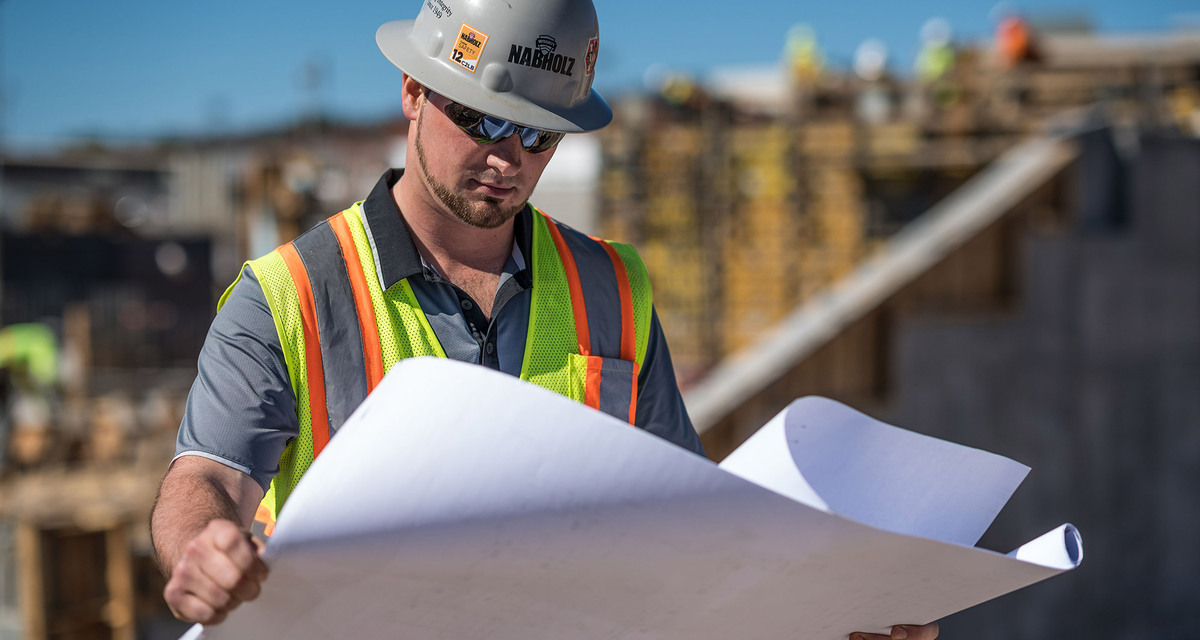
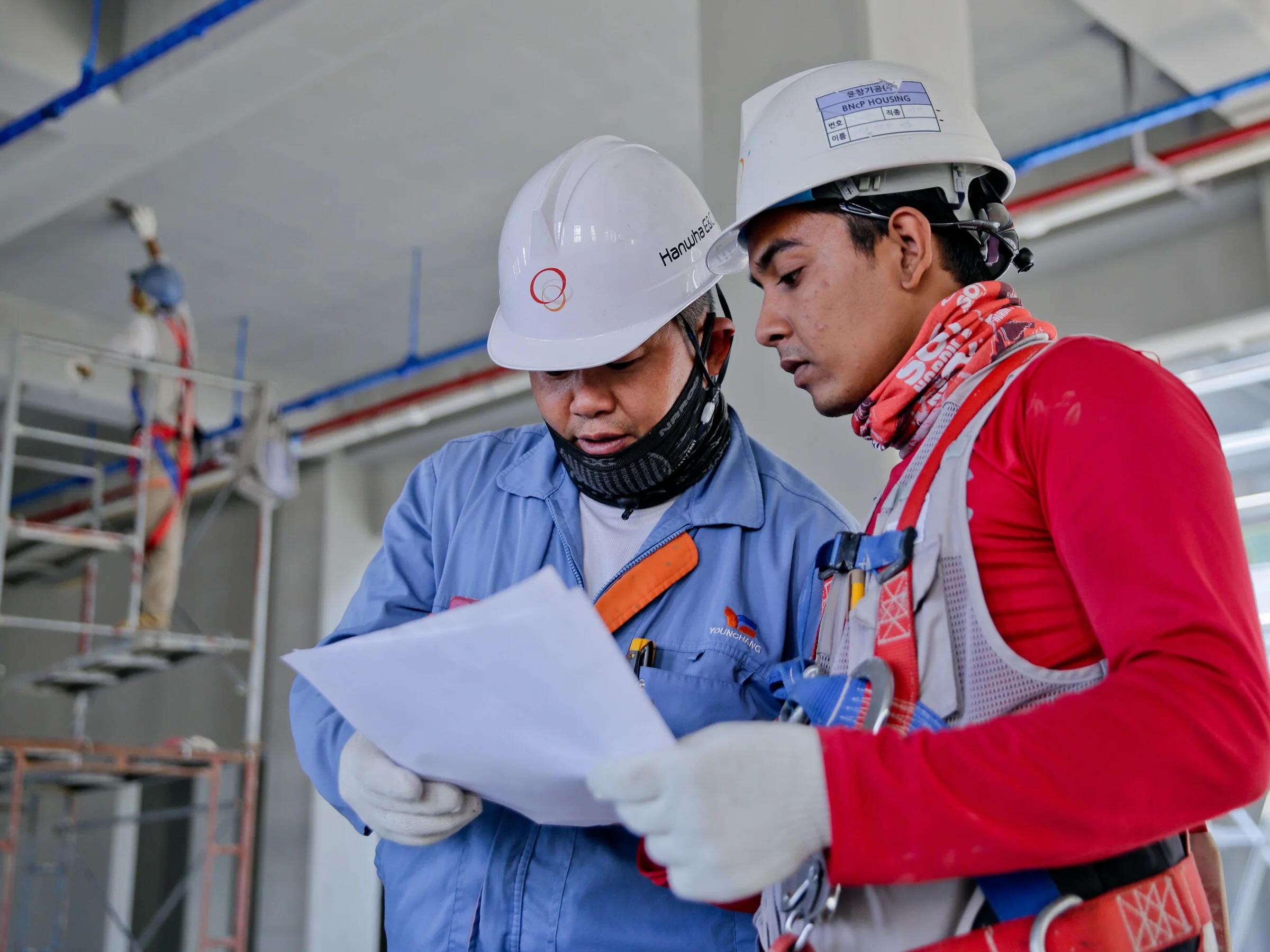
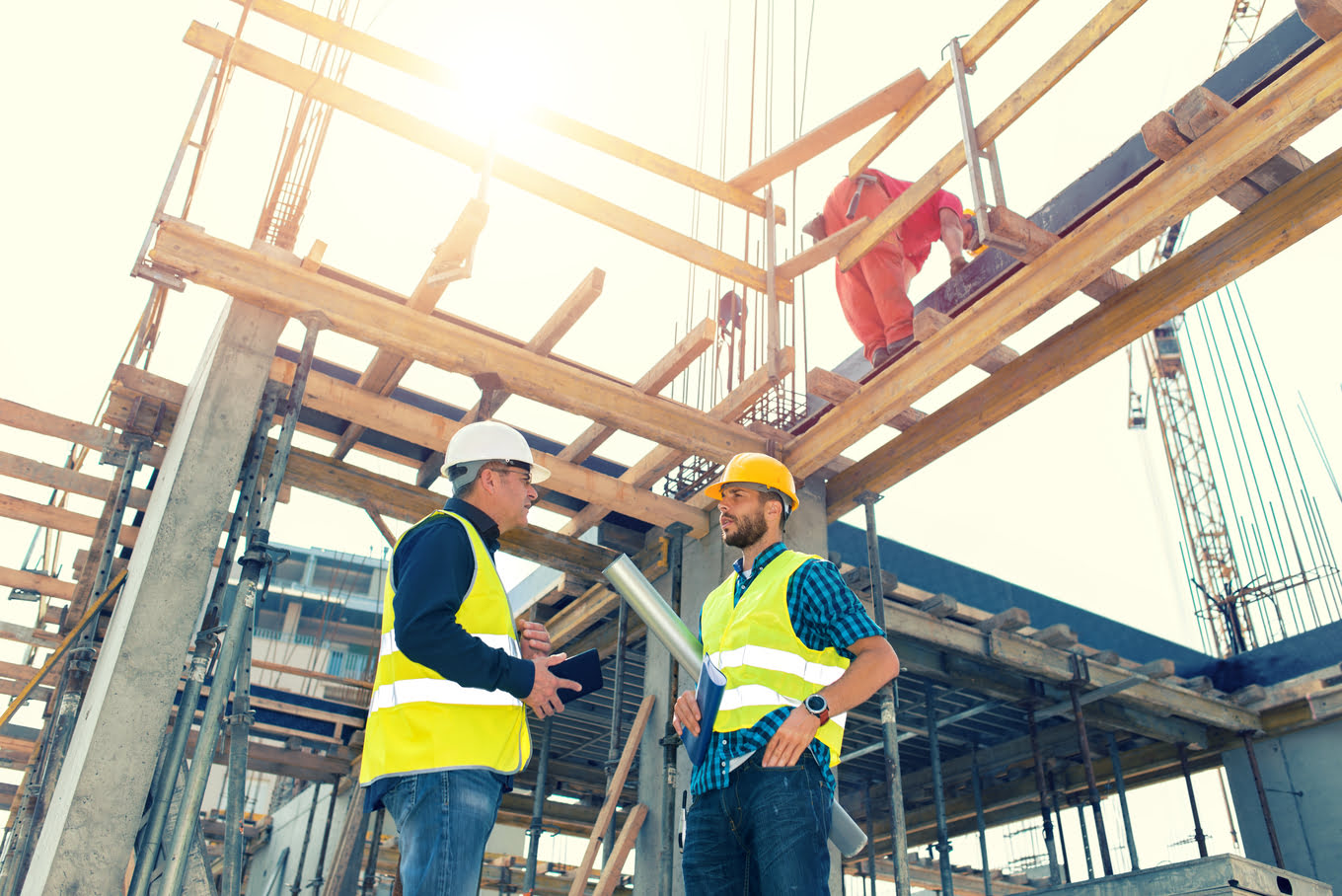
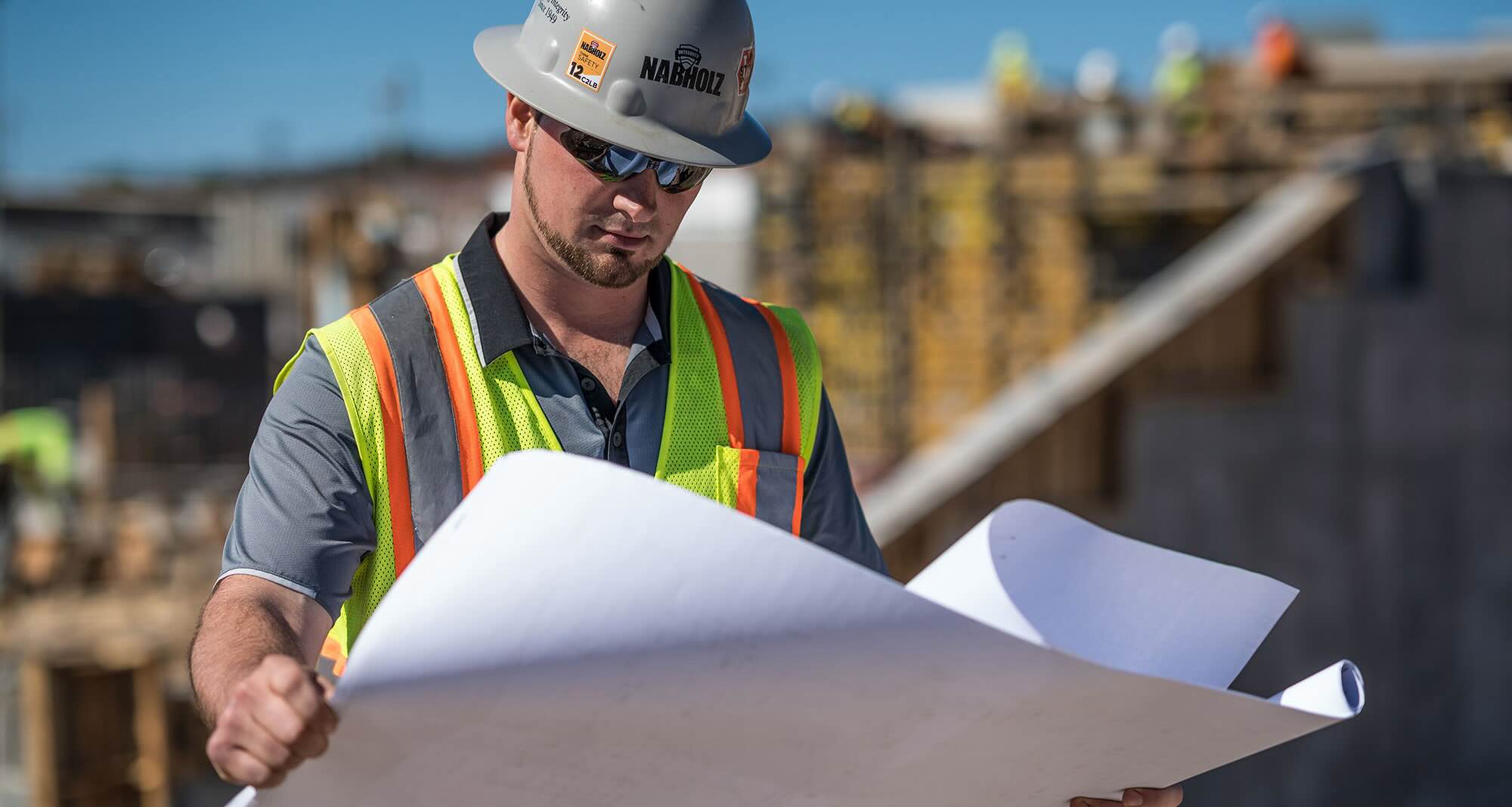

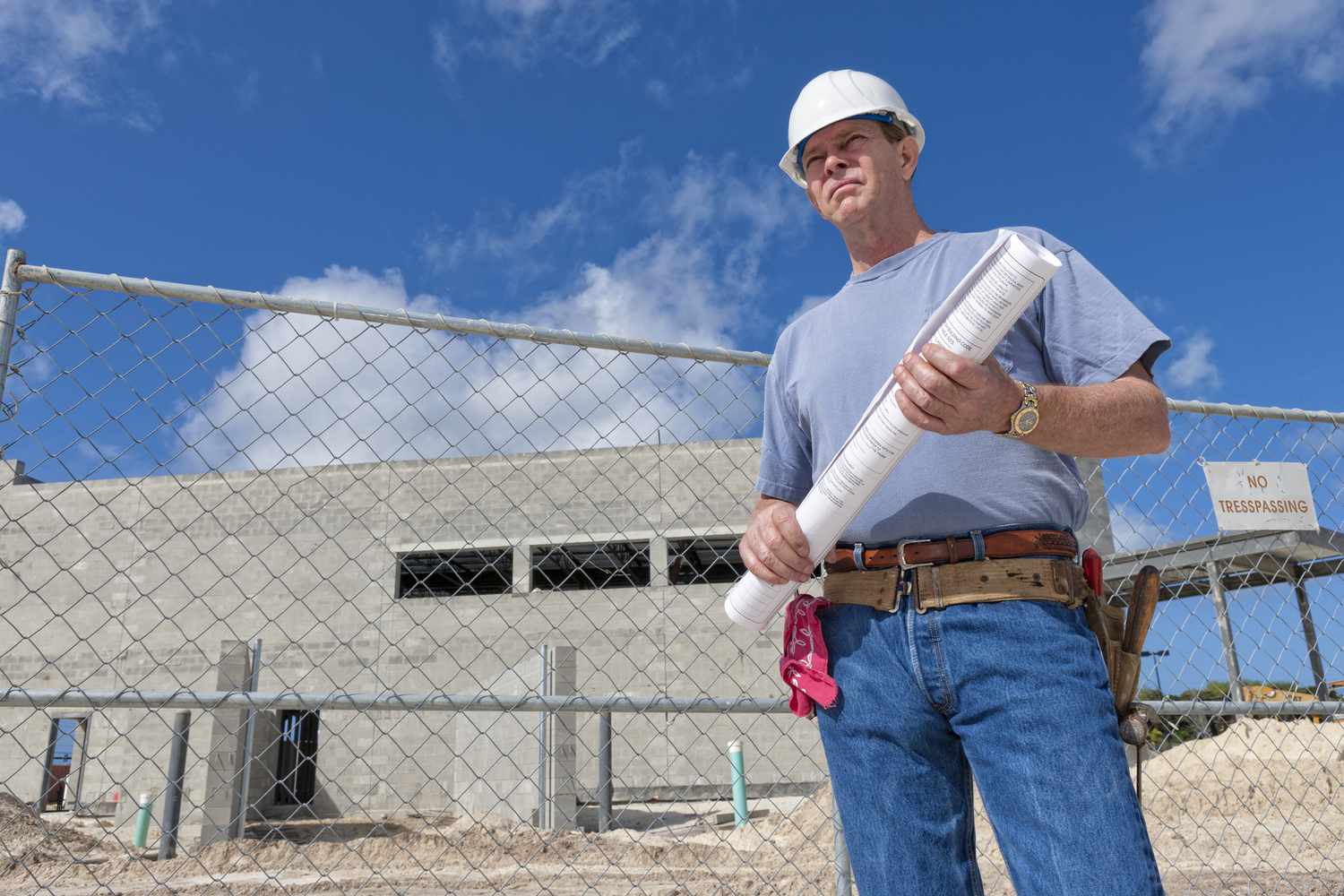
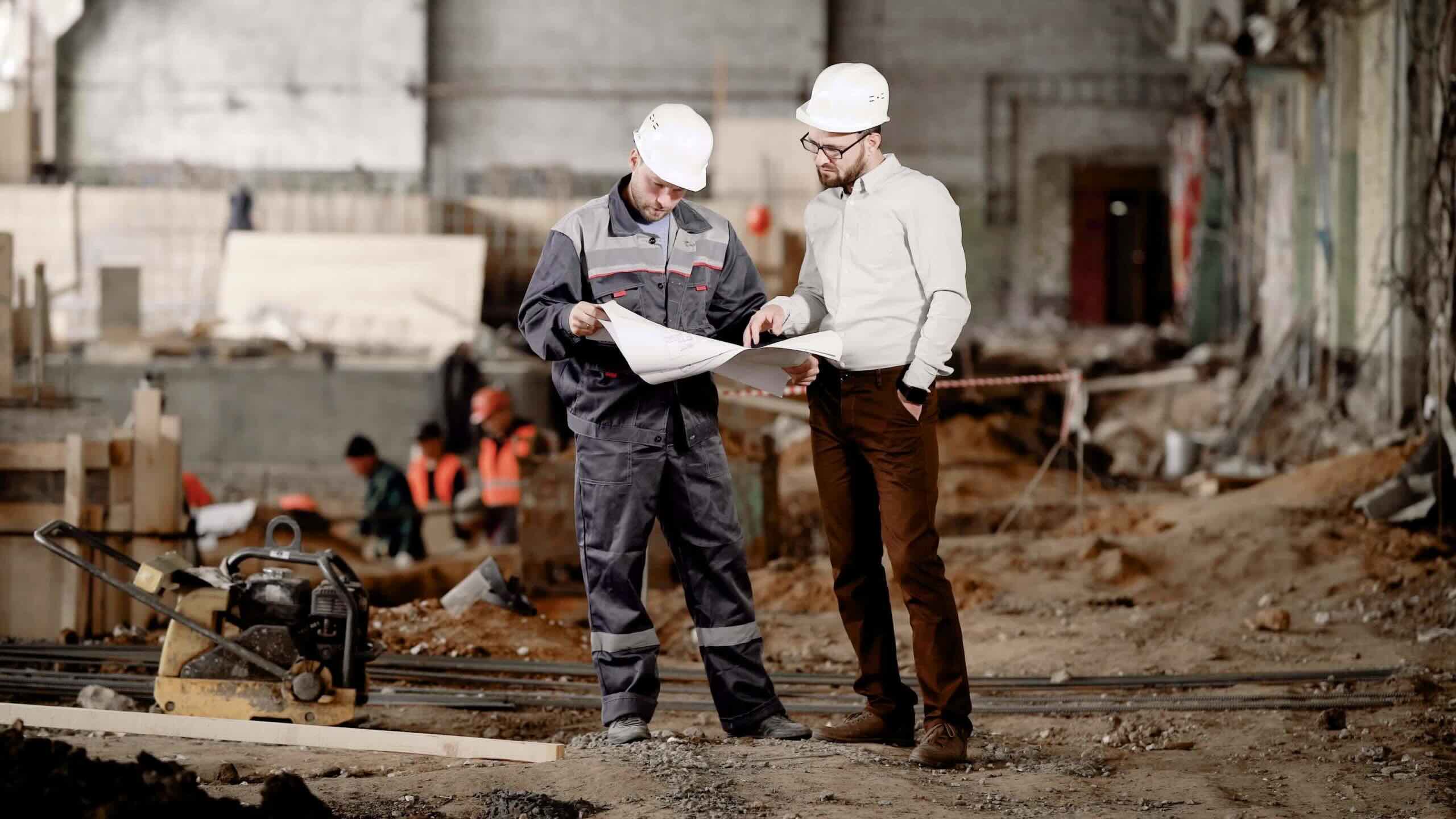

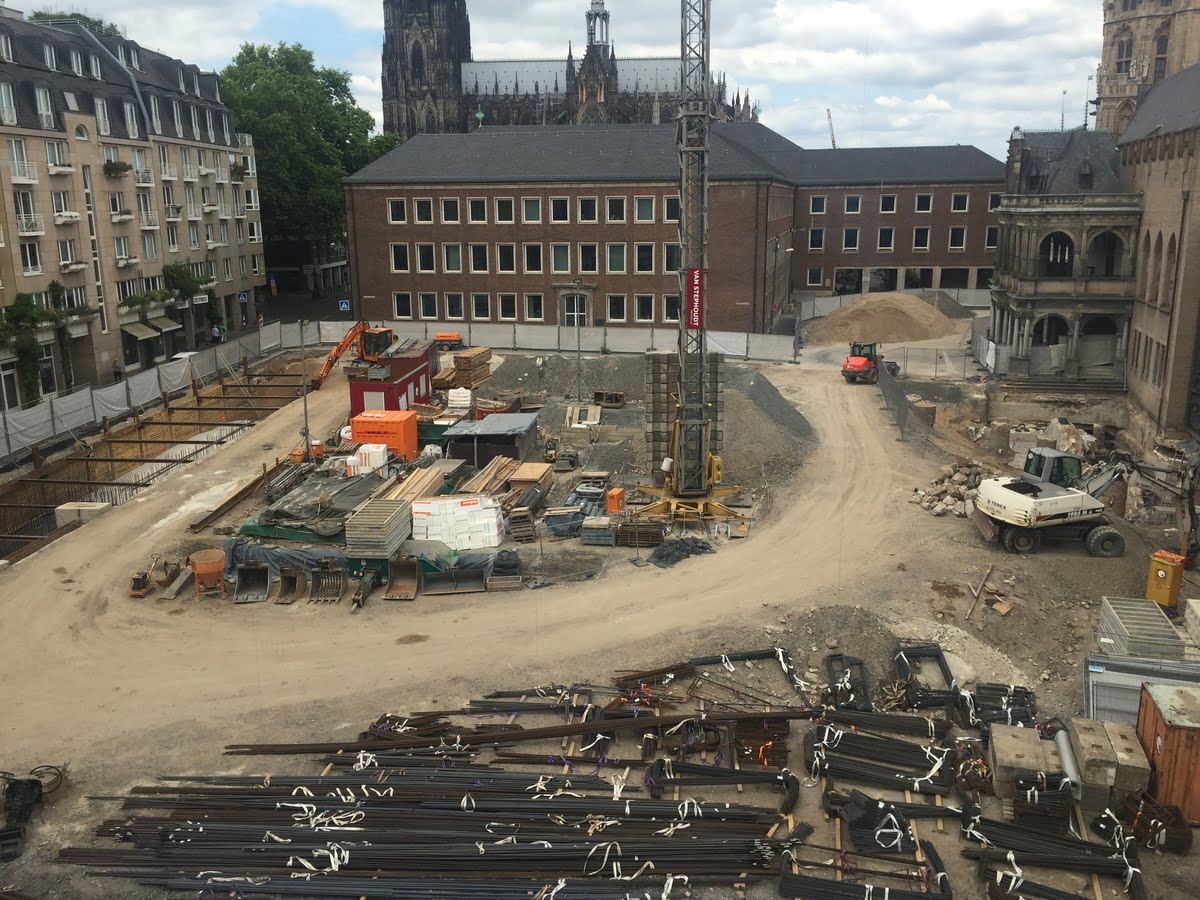
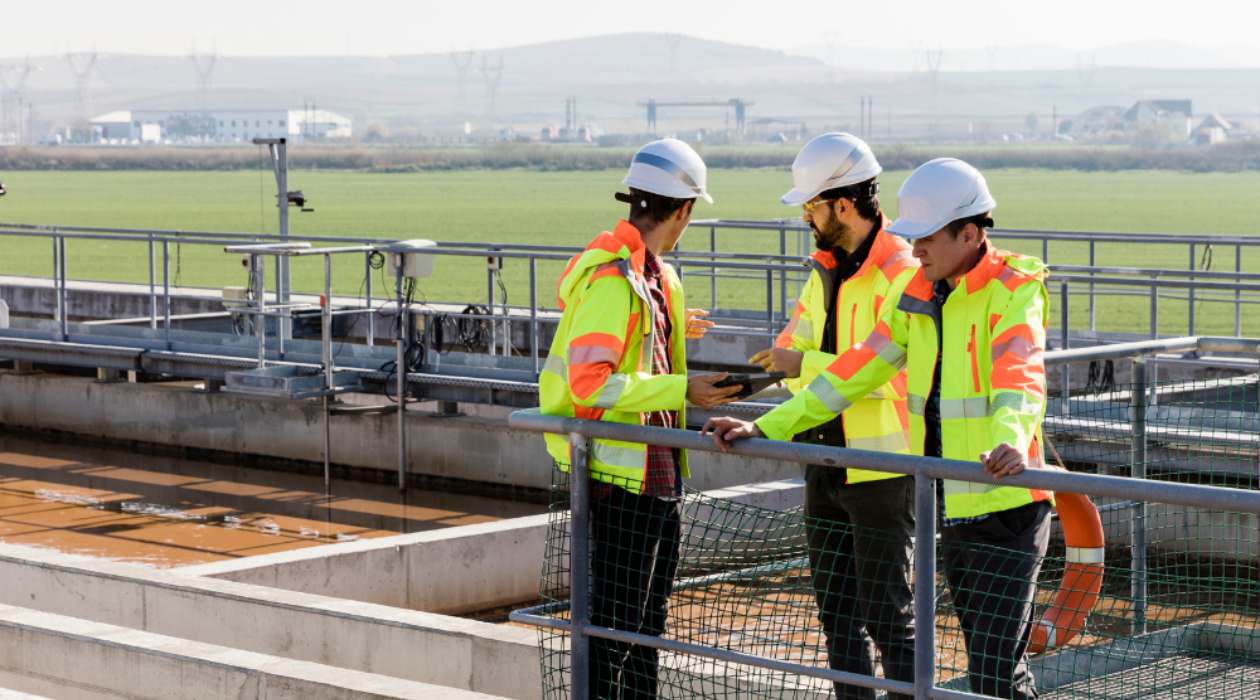
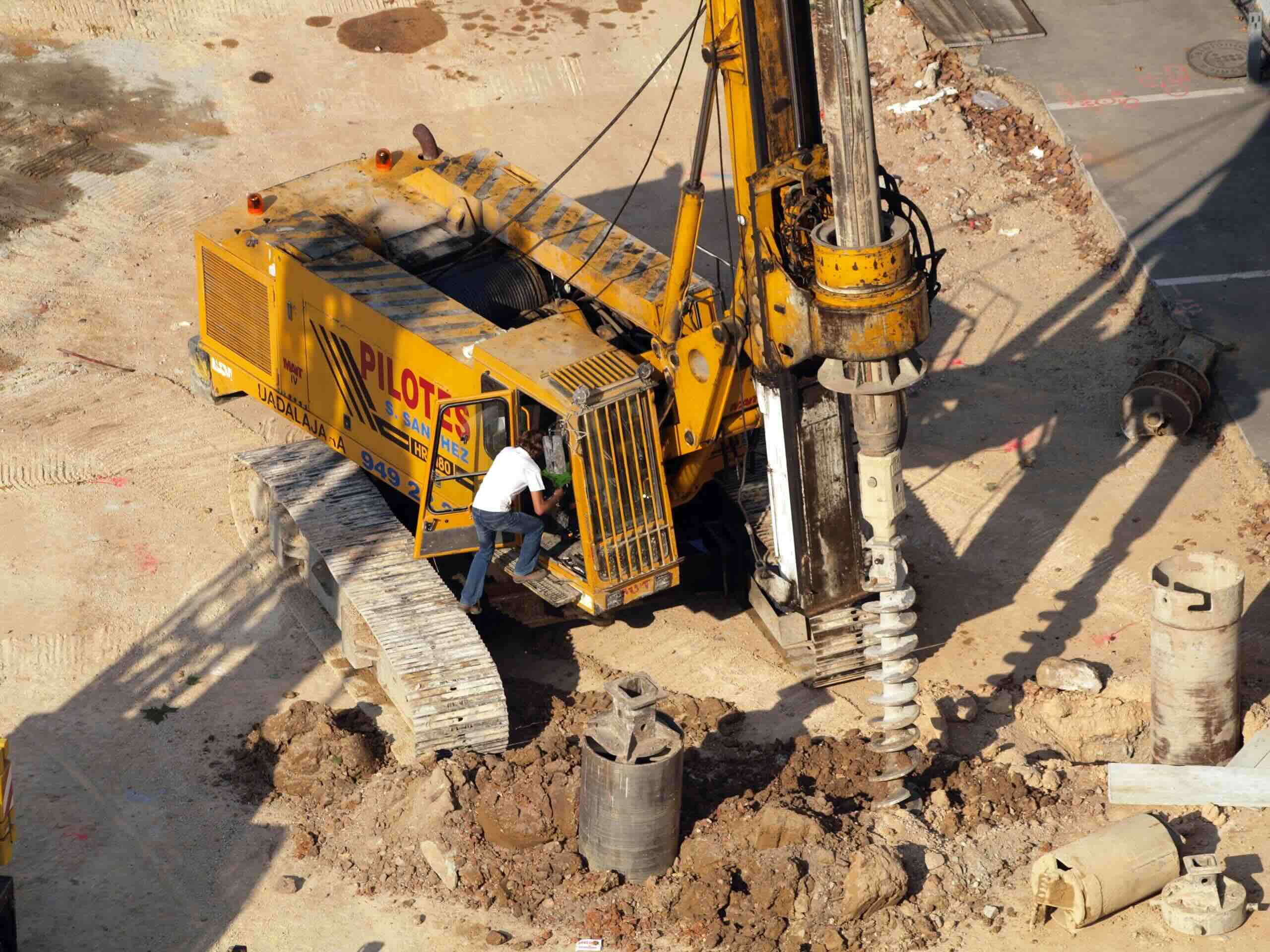


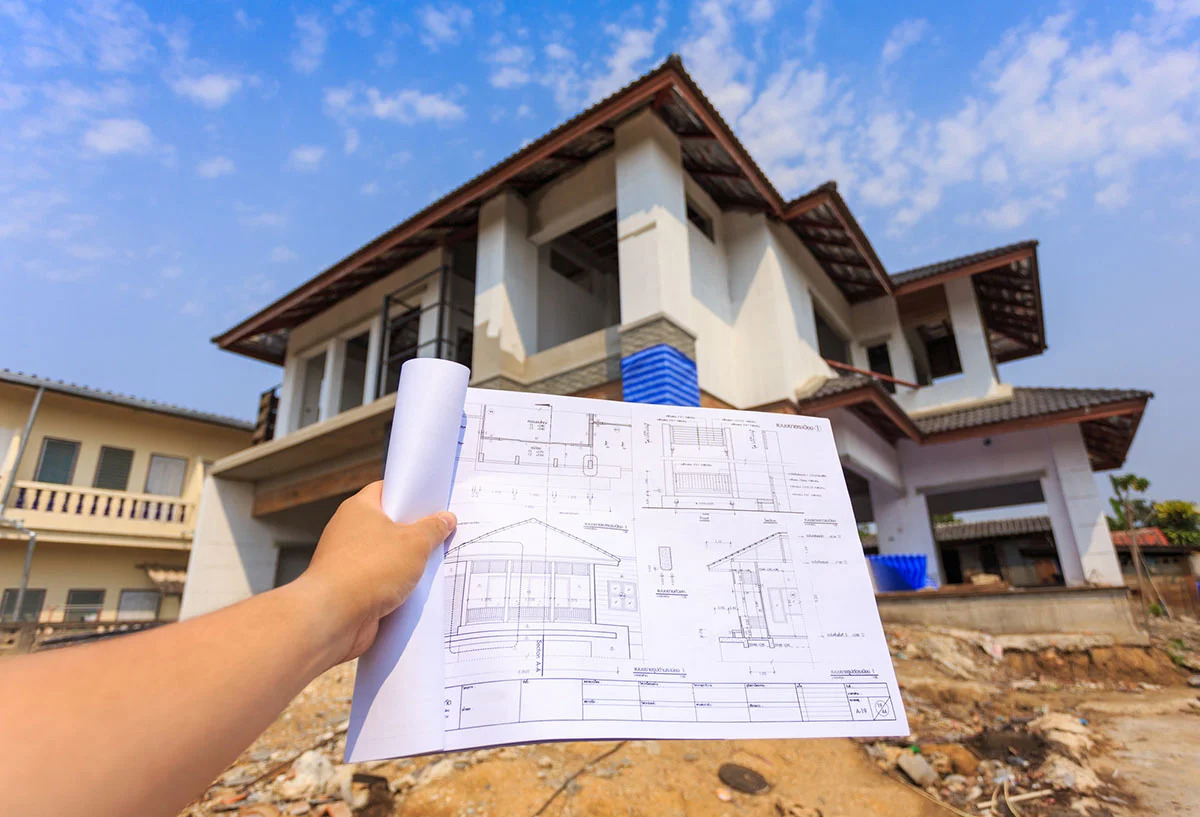

0 thoughts on “What Is A Superintendent In Construction”